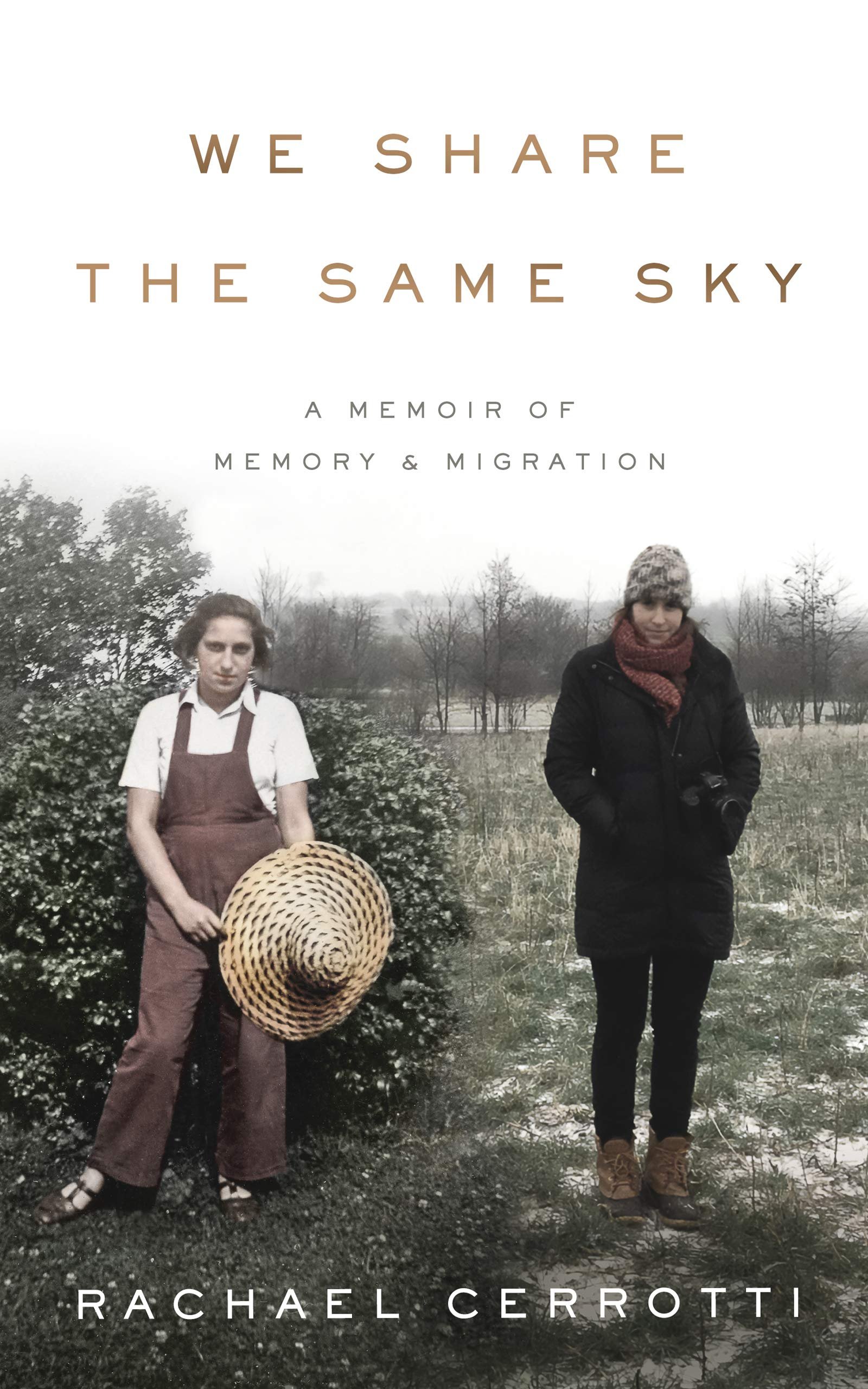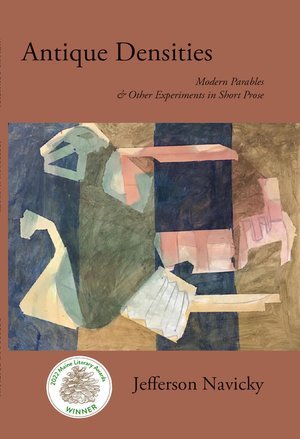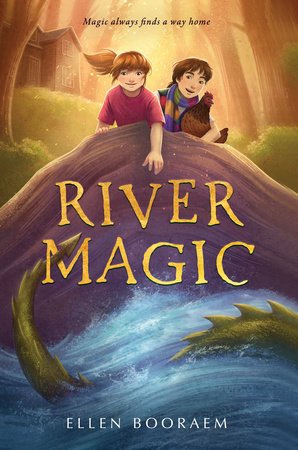2022 Award Winner Interviews
Book Award for Poetry (co-winner)
Dear Specimen
W.J. Herbert
About the process of writing this book that considers extinctions and climate change and a speaker’s grave illness, Herbert notes, “The process of creating any work of art is usually pulled from the deep subconscious. If I tried to write with an actual agenda, I would surely fail. I was personally deeply concerned, and I just wanted to talk to someone about it, in a way that used metaphor and imagery and a rich language, in a way that you don’t get in a casual conversation.”
Book Award for Speculative Fiction
Rhizome
James M. Wright
Wright notes, “Rhizome started as nonfiction about ten or so years ago. I was writing essays and I wrote a couple of essays that contain a lot of the thematic meat of the whole Rhizome concept…At some point, I realized that no one would ever read these things—they should really be fiction....[After reading the book,] one person wrote to me and said, ‘It’s a love story,’ and that really pleased me because it is a love story. It's about redemption.”
Book Award for Nonfiction and the John N. Cole Award (co-winner)
The Field House: A Writer's Life Lost and Found on an Island in Maine
Robin Clifford Wood
Wood notes, “There were lots of uncanny coincidences that kept drawing me through this process…After about eight years [of working on this project], I went to a writers conference on Campobello Island, and the instructor said, ‘Write a letter to someone who will never read it.’ And I wrote, ‘Dear Rachel,’ and it was like the flood gates opening up.”
Award for Excellence in Publishing
The Sonnets to Orpheus
Rainer Maria Rilke, translated by John Rosenwald
Rosenwald notes, “Rilke said he didn’t write these poems. They were a hurricane that went through him. In four days, he wrote about thirty sonnets...[He ended up writing 55 in all] ….I tried to make the music. I tried to keep the language intact. I kept the form intact. And it took fifty years.”
Book Award for Crime Fiction
Dead by Dawn
Paul Doiron
Doiron says, “I don’t outline—I’m what they call a ‘pantser’—but I do have certain things I know about the story before I start writing. On a pragmatic level, I know how much time has passed since the last book. I know where in the state—or sometimes out of the state now—where it will be set….I also know which of the recurring characters from previous books I might want to bring back… But most importantly, what I need to know to start a book is where is Mike Bowditch personally and professionally at the beginning of a book and where do I want him to end at the conclusion of the book. I know what’s at stake for him and how he’s going to grow. I go out of my way to try to find a story that’s going to dramatize whatever issues he’s struggling with.”
Short Works Award for Poetry
“Thoughts on Migration”
Carolyn Locke
Locke’s poem “Thoughts on Migration” was inspired by an article she read about the migratory patterns of the monarch butterfly. This article sent her on a multi-month research journey that ultimately took shape as her poem. She had this to say on her inspiration, “I read… and that image of the breaking branch just stuck with me. I asked myself… what would it be like to be the last monarch landing and the cause of the branch to break? And what would it be like to be the oyamel tree hosting those thousands of butterflies?”
Book Award for Fiction
Margreete’s Harbor
Eleanor Morse
Morse notes, “For me as a writer, I do think ahead, but I don’t plan what a character is going to do when I start a book…When I was learning to sing, I had a feeling of what I wanted my voice to sound like. And there was a gap between my image of what I wanted my voice to sound like and what actually came out of my mouth. And that’s true of every book really…There’s always a gap between what I can imagine and what comes out on the page.”
Award for Drama
“Human”
Andrea Lepcio
Lepcio notes, "I wrote multi-character work for most of my career… And I was working on this huge multi-character project when COVID hit. So after a couple of months...I thought, Who is ever going to produce a play?…It made me stop that big project, and I started noodling around with this thing...I guess there's a freedom in writing for yourself because it just can be your voice."
Book Award for Memoir
We Share The Same Sky: A Memoir of Memory & Migration
Rachael Cerrotti
Cerrotti talks about her decade-long project to retrace the journey of her grandmother who survived the Holocaust. The project began as a photography project, then became a narrative podcast, then became a book. Cerrotti notes, "I went through some really traumatic events during this time, which the book goes into. Writing became a really important tool of healing for me. And that made me realize how writing became a really important tool of healing for my grandmother...Our stories needed each other to make sense."
Short Works Award for Youth Fiction
Maeve Tholen, for “Chocolate Hope” (Co-Winner)
Mackenzie VerLee, for “The Lighthouse” (Co-Winner)
Maeve Tholen did extensive research for her piece which is about cacao farmers from Brazil and notes, "You really need to like take a lot of time and care and be respectful when you're learning about other people's identities and things like that. And I definitely already knew that, but there was just a lot of learning that I had to do.”
Mackenzie VerLee had this to say about the process: “The [class] assignment was to write a story that took place in the future that had a happy ending. It was really hard to find a happy ending to it because when we think of the future we think of everything just going downhill. Something that makes me happy is hanging out with my family or hanging out with my grandparents because I don’t get to see them a lot so I figured. Happy ending… this boy gets to meet his long-lost friend.”
Short Works Award for Fiction
“Egg Shell”
Billie Watson
Billie Watson began writing short stories after studying screenwriting. “I went to film school for a couple of years. So I was writing short screenplays there. And the thing that I found really frustrating about that was that everything you had to be writing with the idea in mind of like, I have to actually make all this stuff happen. And that felt very frustrating to me. And so I was freed when I transferred schools and I started a creative writing major. [Short stories] felt like this place where I could create this tiny, beautiful little thing that people could digest really easily and I could make anything I want happen.”
Book Award for Poetry (co-winner)
Antique Densities: Modern Parables & Other Experiments in Short Prose
Jefferson Navicky
When asked about his experience since publishing the book, Navicky notes “My in-the-world affect is nice and sometimes a little boring but the pieces [in Antiques Destinies] aren’t boring. They go all over the place. And people will often say, ‘I didn’t know your mind worked like that.’”
Short Works Award for Nonfiction
“Care and Keeping”
Jennifer Dupree
Jennifer Dupree said, ““I had a friend that I went to graduate school with who also has a disability. I had her read these essays and she said, not for this particular essay, but for a different one, Boy, you really let Marcel off the hook pretty easily… And she said, You're letting him off the hook because he has a disability, and you need to you need to look more critically at him. She's right.” To watch the five-minute video, click below.
Book Award for Young People’s Literature
River Magic
Ellen Booraem
Ellen Booraem said, “I work with a lot of kids who love to write—that’s what they do for recreation. If they’re bored, they start writing something. I was never that kid. I envy those kids. I was a reader…I wouldn’t say I enjoy drafting (a new piece of writing). I go through drafting so I can get to revision, which is something that I really love. I have to treat it like I’m punching a clock. They way I do it is I sit down every day at the same time, usually either 8 or 9 o’clock, and I’m not allowed to eat lunch until I have a thousand words. They don’t have to be good words, just words on the screen.” To watch the five-minute video, click below.




